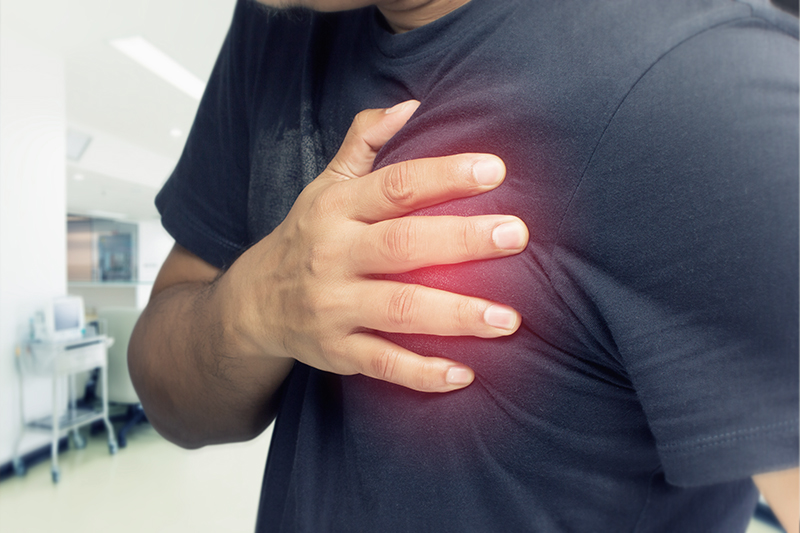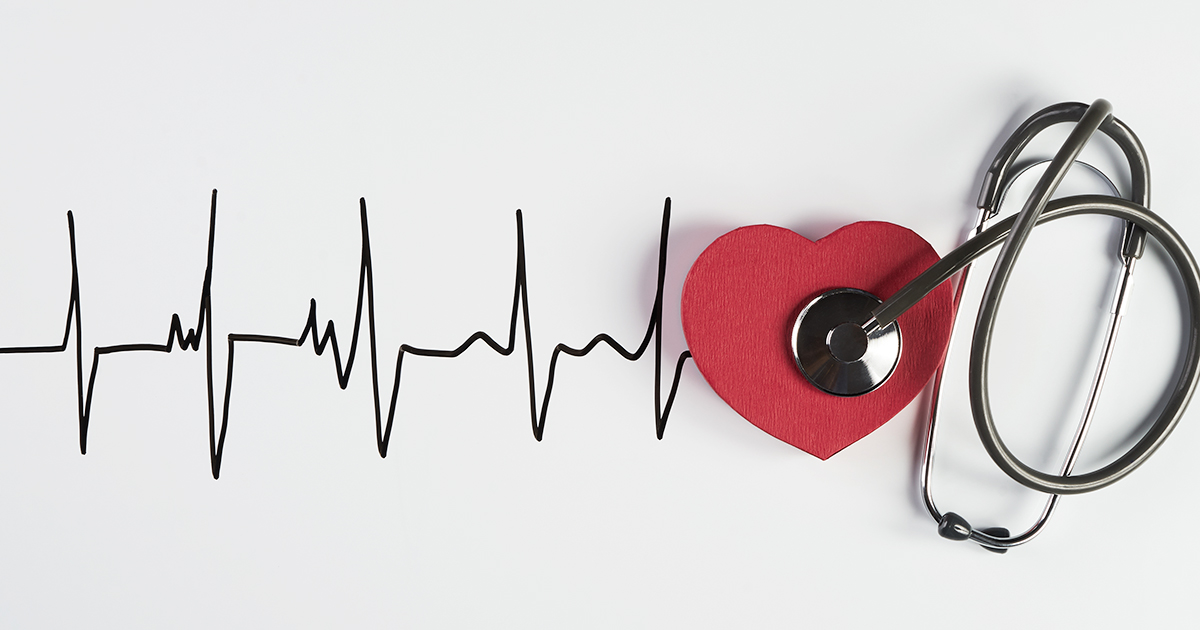What Causes Irregular Heartbeat?

Irregular heartbeat or arrhythmias can be experienced by people of all ages. Common triggers can be but not limited to cardiovascular disease, thyroid disease, lifestyle, environmental, and genetic factors. Certain types of arrhythmia occur in people with severe heart conditions, and can cause sudden cardiac death. Some of these deaths could be avoided if the arrhythmias were diagnosed earlier.
Dr. Yossavee Ukkayagorn, a cardiologist specialized in cardiac electrophysiology at Bangkok Hospital, informs that “Arrhythmias are found in 70% of patients with coronary artery disease. They are also common in patients with underlying diseases or taking some medications. There are forty patients with arrhythmias for every thousand people in Thailand and this is increasing especially in people who are above 65 years old. The conditions can also be found in children, adolescents, and working age group.
What are arrhythmias?
Arrhythmias or irregular heartbeats occur when the electrical impulses that coordinate your heartbeats do not work properly. These can be problems sending out electrical signals, blocked signals, or both. Arrhythmias can be classified as below.
- Slow heartbeat or bradycardia: a resting heart rate less than 60 beats a minute.
- Fast heartbeat or tachycardia: a resting heart rate greater than 100 beats a minute.
- Irregular heartbeat: flutter or fibrillation
Causes
Causes that lead to arrhythmias are as below.
- Cardiovascular disease: coronary artery disease, hypertrophic cardiomyopathy, congenital heart disease, hypertension, and valvular heart disease
- Underlying disease: thyroid disease, diabetes, obesity, chronic kidney disease, obstructive sleep apnea
- Cold medicine that contained pseudoephedrine – can increase heart rate
- Caffeinated drinks: tea, coffee, soft drinks, energy drinks, and alcoholic drinks
- Drug abuse: amphetamine
- Medication that assist weight loss – contained sibutramine
- Genetic

Symptoms
Seek urgent medical care if you suddenly or frequently experience any of these symptoms.
- A fluttering in your chest
- Fainting or syncope
- Lightheadedness or dizziness
- Shortness of breath
- Chest pain
- Fatigue
- Cannot lie flat in bed

Diagnosis
To diagnose a heart arrhythmia, a specialist will review your symptoms and medical history, conduct a physical examination, and may perform heart monitoring tests include:
- Electrocardiogram (ECG) – suitable for patients who have symptoms all the time.
- Holter monitoring 24-28 hours – suitable for patients who have symptoms only for a short period or at specific time of the day
- Event recorder – If your symptoms do not happen often, your doctor may suggest you wear one of these, usually for about a month. This is a device that, when you push a button, will record and store your heart’s electrical activity for a few minutes.
- Implantable loop recorder – detects abnormal heart rhythms and is implanted under the skin in the chest area.
- EP study – Doctor uses this test when other tests cannot detect the abnormal electrical activity.
Treatment
Treatment depends on type of arrhythmia that the patient has. The treatment options are as below.
- Anti-arrhythmia medication
- Cardioversion – In the procedure, a shock is delivered to your heart through paddles or patches on your chest. The current affects the electrical impulses in your heart and can restore a normal rhythm.
- Catheter ablation – Small catheters are inserted through the groin and deliver high-frequency electrical energy to a small area inside the heart that causes the abnormal heart rhythm.
- Pacemaker – A small device placed under the skin near the collarbone through a minor surgical procedure. An insulated wire extends from the device to the heart. If a pacemaker detects a heart rate that is abnormal, it emits electrical impulses that stimulate your heart to beat at a normal rate.
- Automatic implantable cardioverter defibrillator (AICD) – Your doctor may recommend this device if you are at high risk of developing a dangerously fast or irregular heartbeat in the lower half of your heart. AICD continuously monitors your heart rhythm. If it detects an abnormal heart rhythm, it sends out energy shocks to reset the heart to a normal rhythm.

Prevention
- Exercise regularly – 45 minutes per day, 3-5 days a week
- Eat heart healthy food – rich in fruits and vegetables
- Eat a healthy diet that is less in sugar, low in salt and solid fats
- Get enough sleep – 6-8 hours a day
- Annual physical examination
- If you have an underlying disease, have a regular follow up with your doctor.
Moreover, Dr. Yossavee shared that “for patients with arrhythmia, regular appointments every 1-2 months are important in order to effectively manage the condition. For patients with pacemaker, it is important to check the battery and the general performance of the implant. If you experience any symptoms above, seek medical attention immediately. Early diagnosis and treatment are very important. The heart is perhaps the most important organ so do not forget to take good care of it.”

